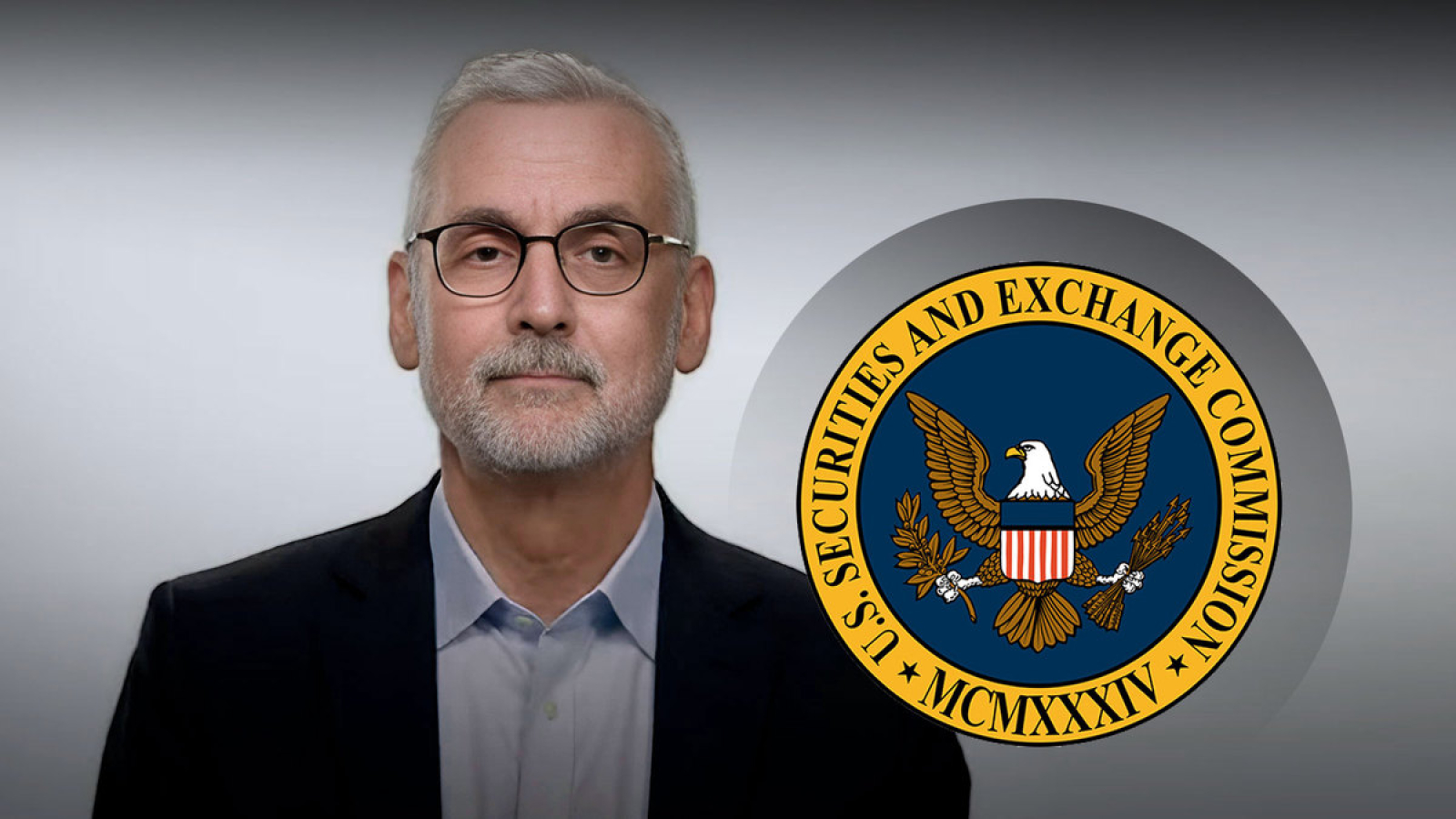Following a settlement conference between Ripple Labs and the U.S. Securities and Exchange Commission (SEC) on March 29, Ripple CLO, Stuart Alderoty, voiced concerns on social media platform X. Alderoty lashed out at the SEC for not providing clear regulatory guidance to the cryptocurrency industry despite the SEC stating that the DAO report offered considerable clarity. He pointed out that federal courts were currently handling eight highly significant cryptocurrency lawsuits that in themselves prove the regulatory ambiguity that continues to exist in the industry. This comment came out of the court-ordered settlement talks designed to settle the disagreements between Ripple Labs and the SEC ahead of a pre-trial conference set for April.
As conducted, the conference aimed to settle the disputes between the front-runners, Ripple CEO Brad Garlinghouse and Alderoty, who were seen in Manhattan, New York City. The meeting is to be held before the last pre-trial conference scheduled by the Honorable Analisa Torres for April 16, hence stressing the importance of the parties considering possible settlements.
Ripple CLO to expose SEC overreach in filing
The SEC went further in seeking a final judgment against Ripple Labs, which includes permanent injunctions, disgorgement with prejudgment interest, and civil penalties of almost $2 billion. This belligerent approach has resulted in an adverse reaction from Ripple management, with CEO Brad Garlinghouse and General Counsel Stuart Alderoty intending to reveal what they view as regulatory overreach in Ripple’s filing on April 22. The wider crypto community is following this case closely, as the results may define important practices in the regulation of digital assets in the USA.
The court ruling in the Coinbase vs. US SEC lawsuit has aggravated the current debate about SEC transparency and the nature of its regulation. This ruling, which went contrary to Judge Torres’s line of reasoning in the Ripple case over secondary market sales, has stimulated wide-ranging debate among lawyers and cryptocurrency supporters. Secondary sales as investment contracts interpretation, in particular when the buyer’s counterparty is unknown, is a subject of discussion.
Community concerns and legal interpretations
Amid these litigations, pro-XRP attorney Bill Morgan attempted to answer the concerns of the XRP community, especially in relation to the effects of the secondary sales of XRP. Morgan referred to Judge Torres’ statement that the court had not given enough attention to the question of secondary sales over a program sale, as argued by the SEC. This distinction has become a main argument for Ripple’s defense and the XRP community, as it may influence the overall legal perception of cryptocurrency transactions.
The Ripple vs. The legal SEC saga keeps developing to the amusement of the whole crypto industry. The resolutions of such legal fights have a huge potential to shape the regulatory and operational face of digital assets in the U.S., build the future SEC policy towards cryptocurrencies, and affect the legal framework of cryptocurrency. Both Ripple Labs and the SEC are gearing up for potentially crucial events in this high-stakes legal battle as the pretrial conference on April 16 draws near.





